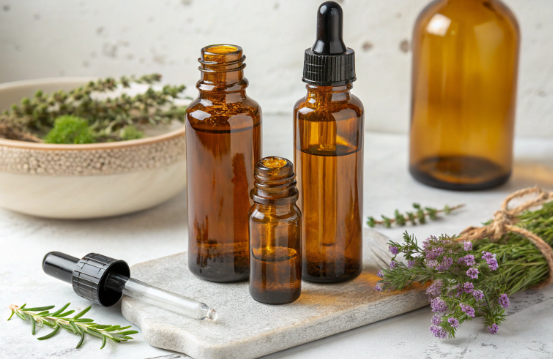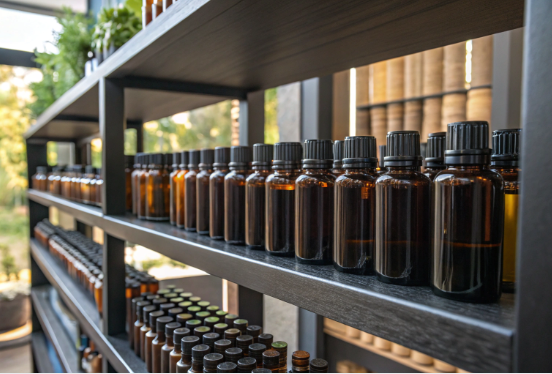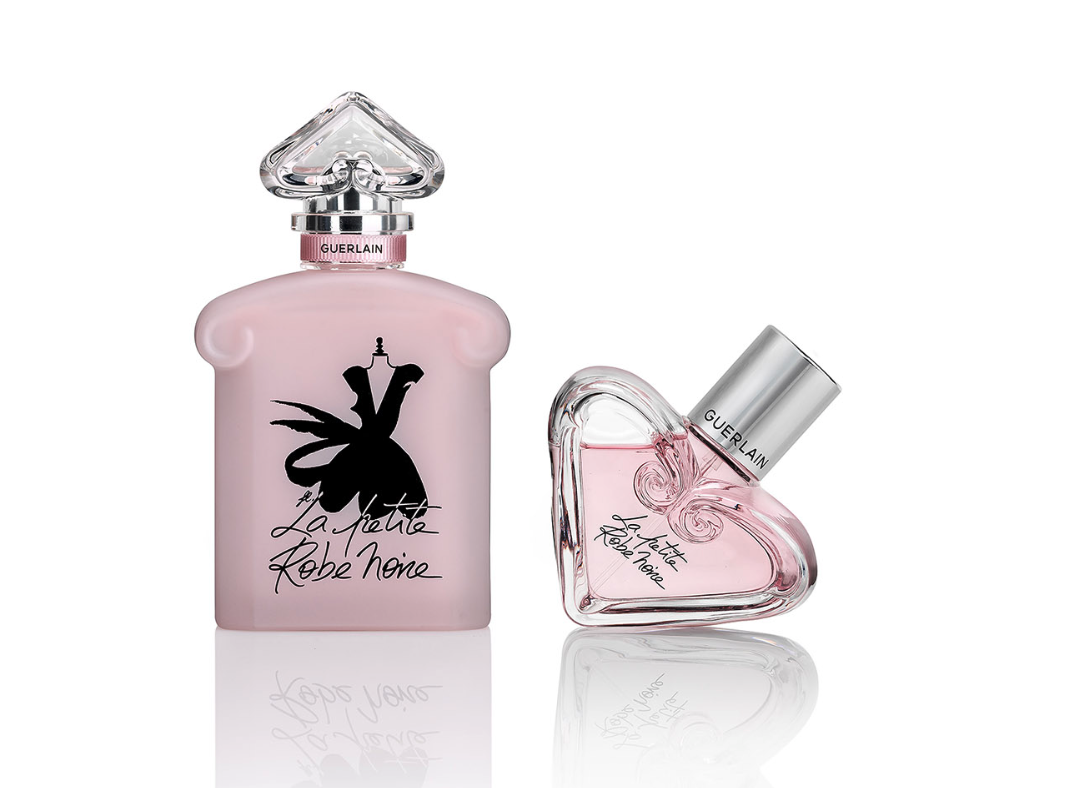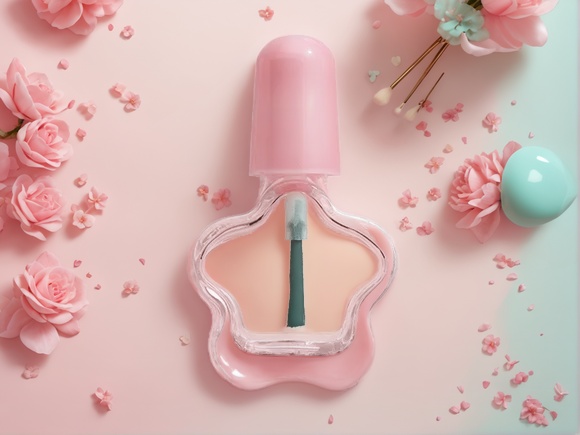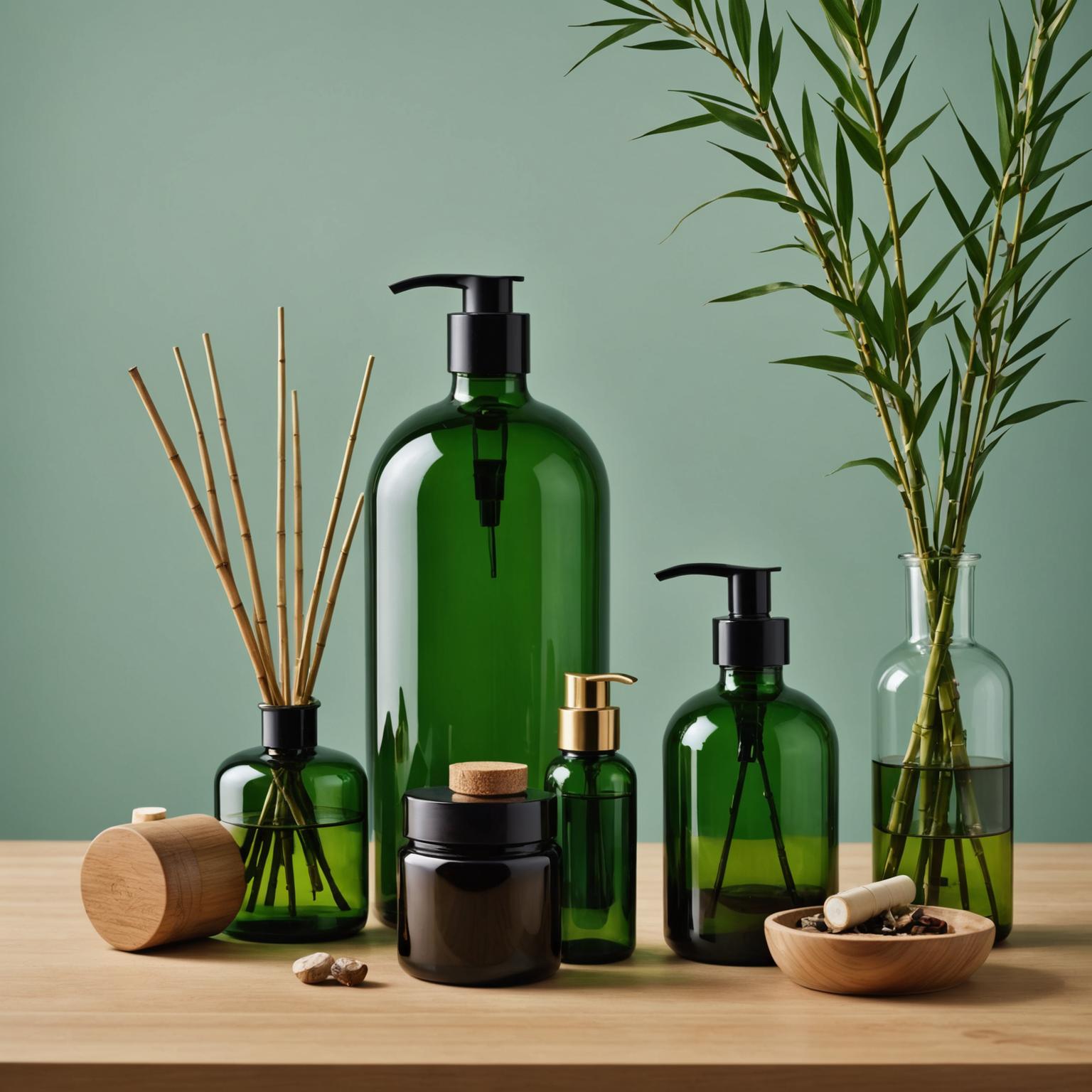You’ve probably heard that oil and plastic don’t mix well, but how true is this?
While oils themselves don’t break down plastic, certain oils, especially essential oils and highly concentrated oils like citrus, can cause plastic to degrade over time, leading to leaching and weakening of the material.
Let’s dive into how different oils interact with plastics, and why this is important for packaging your products correctly.
Does oil break down plastic?
The short answer: No, oils don’t break down plastic on their own, but they can cause plastics to degrade over time, especially with prolonged exposure.
Oils can soften, weaken, or dissolve certain types of plastic, particularly if the plastic is not designed to handle oils or is exposed to oils for extended periods.
Dive Deeper: Why some oils affect plastics more than others
Some oils, particularly essential oils with high acidity or chemical potency, can act as solvents. Over time, these oils can weaken the molecular structure of plastics, leading to cracks, leaks, or chemical leaching.
How Oils Interact with Plastics:
| Oil Type | Effect on Plastic |
|---|---|
| Essential Oils (e.g., Lemon, Orange) | Can degrade plastic over time, leading to leaks or degradation |
| Vegetable Oils (e.g., Olive, Coconut) | Generally less damaging, but prolonged exposure can cause plastics to soften |
| Mineral Oils | Typically don’t affect most plastics but can cause softening if in high concentrations |
If you’re packaging oils or using oils in plastic containers, always ensure the plastic is compatible with the type of oil inside. At PauPack, we recommend using glass or specialized plastic containers for oil-based products to prevent degradation.
Does olive oil dissolve plastic?
Olive oil is a relatively mild oil compared to some essential oils, but it can still affect certain plastics over time, particularly when exposed to heat or sunlight.
Olive oil itself won’t immediately dissolve plastic, but prolonged exposure can soften and weaken some types of plastic, especially lower-grade plastics.
Dive Deeper: Olive oil and plastic degradation
Olive oil is considered a "medium" viscosity oil and is often used in products like cosmetics and skincare. However, when stored in regular plastic containers over extended periods, olive oil can cause the plastic to soften, leading to the potential for leaks, cracks, and even plastic leaching.
Best Plastics for Olive Oil:
| Plastic Type | Compatibility with Olive Oil |
|---|---|
| HDPE | Good, safe for short-term storage |
| PET | Not ideal for long-term storage, may degrade over time |
| LDPE | Less suitable, can soften or deform |
| Polypropylene | Best for short-term storage, but not long-term contact |
For packaging, it's always safer to use glass containers, especially for high-quality olive oil, as glass is non-reactive and won’t degrade with prolonged exposure to oil. At PauPack, we offer a range of high-quality glass packaging options for olive oils and other sensitive products.
Does plastic decompose into oil?
Interestingly, plastic doesn’t decompose into oil, but it can break down into microplastics and other chemicals under certain conditions, including exposure to UV light, heat, or mechanical wear.
Plastic decomposition doesn’t produce oil as a byproduct, but certain plastics (like polyethylene or polystyrene) can slowly degrade, releasing chemicals that might mimic oil-like substances.
Dive Deeper: Plastic degradation and environmental impact
When plastic breaks down in the environment, it doesn’t turn into oil, but it does release harmful chemicals like styrene or bisphenol A (BPA). This process is slow, and plastics can take hundreds of years to fully decompose, causing long-term pollution.
While plastics don’t "turn into oil," the concern for businesses should be the long-term environmental impact of plastic containers used for oil-based products. Choosing eco-friendly, biodegradable packaging can reduce environmental harm.
Does coconut oil break down plastics?
Coconut oil, like most vegetable oils, is less likely to break down plastic immediately, but prolonged contact, especially with low-quality plastic, can cause issues such as softening or warping.
Coconut oil can interact with plastic over time, particularly in warm conditions, but it generally doesn’t break plastic down completely. However, it can cause plastics to degrade, leading to leakage or contamination.
Dive Deeper: Coconut oil and plastic interaction
Coconut oil is considered to be a stable oil that doesn’t have the same solvent-like effects as citrus oils, but it still can soften or distort plastics over extended periods of contact, especially in conditions of heat or sunlight.
Coconut Oil & Plastic Compatibility:
| Plastic Type | Effect with Coconut Oil |
|---|---|
| PET | Generally safe, but should be used for short-term storage |
| HDPE | Safe for short-term contact, but prolonged exposure may cause softening |
| PP (Polypropylene) | Safe for short-term use |
| LDPE | Not suitable for long-term use, as it can soften |
For the best results, especially for long-term storage of coconut oil, glass packaging is the recommended choice. PauPack’s glass containers are perfect for coconut oil and other oils, ensuring your products stay fresh and free from plastic degradation.
Conclusion
While oils like olive oil and coconut oil don’t immediately break down plastic, prolonged exposure—especially in lower-quality plastics—can lead to weakening, leaks, or contamination. For long-term storage or high-quality oils, glass containers are the safest option to preserve the integrity of the oil and prevent any degradation.




